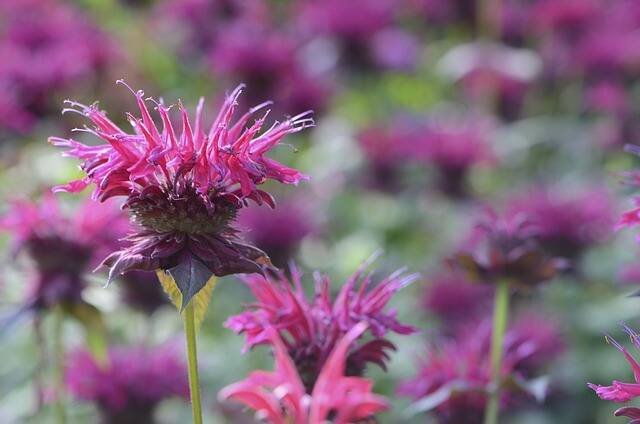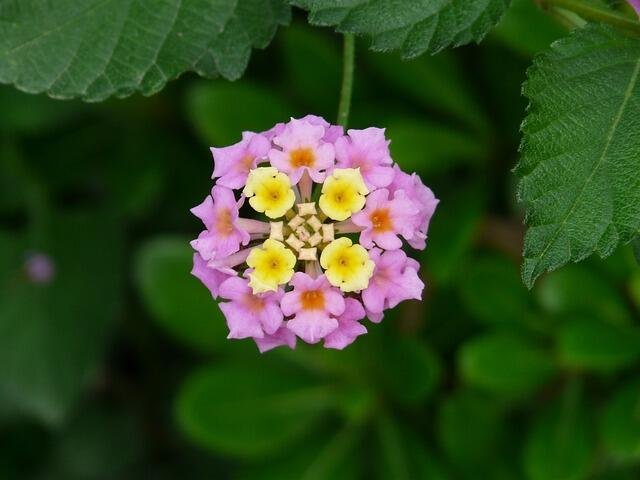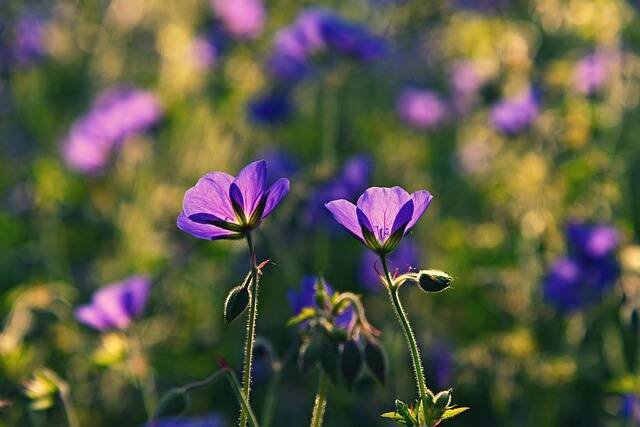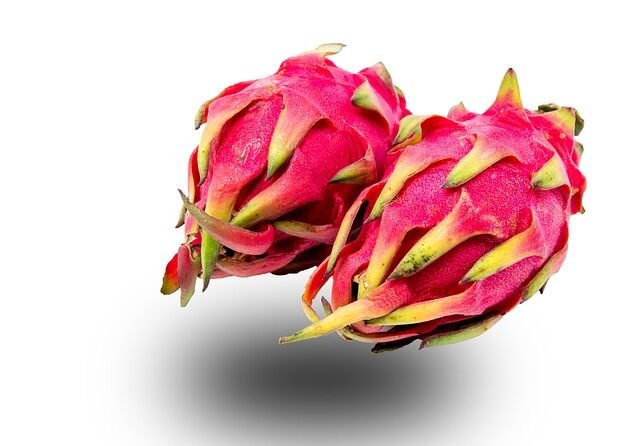Hello everybody! In the present article, we’re taking a gander at the best 15 plants that normally repulse mosquitoes. Do you want to repel mosquitoes without using chemicals? We take care of you for certain astonishing plants that do precisely that.
First up is Sage, a plant that’s not just for cooking. Sage can be your garden ally against mosquitoes. Simply crush its leaves and rub them on your skin or clothes to keep mosquitoes at bay. Hosting a backyard bonfire? Throw a bundle of sage (fresh or dried) into the flames for mosquito-repelling smoke that’ll keep the pests away from your gathering. No fire? No problem! Light a sage bunch and let it smolder safely on a fire-resistant surface. Besides its repellent properties, sage adds beauty to your garden. It thrives in pots or as a border for your flower beds, needing just full sun and well-drained soil to grow. Let’s make your outdoor spaces both beautiful and mosquito-free with sage.
Bee Balm
Bee Balm follows on our list because it repels mosquitoes in addition to attracting bees, butterflies, and hummingbirds. Bee Balm, in contrast to many other plants, which require you to crush their leaves in order to release oils that repel mosquitoes, produces fragrances that repel mosquitoes. Honey bee Salve is a flexible perpetual contribution a scope of varieties and sizes to decorate your nursery.

Rose Monarda
One champion assortment is the Moderate Rose Monarda, a minimal kind that grows up to a foot tall — ideal for edging blossom beds or filling in holders. Your garden will continue to benefit from Bee Balm’s vibrant flowers and ability to repel mosquitoes year after year.
Marigold
Next is the Brilliant Marigold, a nursery most cherished that is anyway fruitful as it very well may be superb. Other than the way that these powerful annuals change up your nursery the whole season, but they moreover regularly stay away from mosquitoes and various aggravations. This is due to the marigold’s distinctively strong scent, which is caused by the plant’s natural insecticides. Exactly when reached, notwithstanding the marigold blooms achieve the work — their leaves in like manner have an effect. Placing marigolds in pots around your deck can help with making your pre-summer evenings more pleasing and bug free. They’re similarly uncommon mates in the vegetable nursery, repelling irritations while adding a blissful pop of assortment.
Lavender
Lavender, a plant as famous for its excellence for what it’s worth for its capacity to repulse mosquitoes. Lavender assortments like ‘Provence’ and ‘Grosso’ are especially viable, because of their high camphor content, which goes about as a characteristic bug repellent. On bright days, lavender normally emanates its sweet-smelling oils, making a fragrant obstruction against bothers. Simply rub the crushed flower buds and leaves onto your skin to boost your mosquito repellent power. Lavender can be planted directly in your garden beds or in pots for evening use in the garden. On the off chance that your outside space inclines towards the formal, consider developing lavender shrubberies to add a bit of style close by its bug-battling powers.
Geraniums
Scented geraniums, which are renowned for their incredible variety and sensory delights, are on our list. Scented geraniums, in contrast to conventional bedding geraniums with their larger blooms, captivate with their diverse foliage and smaller blooms. When their leaves are rubbed or crushed, they release a distinctive scent that sets them apart as a mosquito repellent. Because of the synthetic mixtures they discharge, from citrus mixes to rose, peppermint, nutmeg, apple, and cinnamon, every assortment offers a special fragrance. In any case, the lemon-scented geraniums are accepted to have the most grounded mosquito-repulsing abilities. These plants are powerful against bugs as well as add excellence as holder plants, ideal for decks or as a feature of your nursery stylistic layout. For those in colder environments, just sit back and relax — you can bring your scented geraniums inside during winter or engender them through cuttings to guarantee they keep on flourishing until spring returns.
Catmint
Catmint, a generous and fragrant spice that is a #1 among nursery workers, for its enticement for felines as well as for its mosquito-repulsing capacities. Catmint adds a splash of color and texture to any garden setting thanks to its spikes of lavender to blue flowers and dense gray-green foliage. Catmint is a wonderful plant because of its easygoing nature. It does well in full sun to partial shade and does well in a variety of soils. Additionally, it is drought-resistant once established, making it a low-maintenance option for busy gardeners. However, it’s not only the looks and simplicity of care that make catmint an unquestionable requirement; its solid minty scent is a characteristic obstacle for mosquitoes, permitting you to partake in your nursery with less nuisances. Whether planted along walkways, in borders, or as a feature of a spice garden, catmint gives consistent blossoms all through the late spring, drawing in honey bees and butterflies while keeping mosquitoes under control.
Chrysanthemums

Chrysanthemums, well-known for their pest-repelling powers, thanks to the natural insecticides they contain. These same compounds are used in the natural pesticide pyrethrum, which combats a variety of pests like fleas, ants, and ticks. Not all mums are created equal when it comes to repelling insects—the Painted Daisy and Dalmatian Daisy varieties are especially potent, often used in commercial pyrethrum extraction. But beyond their bug-busting capabilities, perennial garden mums bring vibrant daisy-like flowers to any garden. Planting garden mums not only enhances your garden’s aesthetic with their colorful blooms but also contributes to a natural, chemical-free pest control strategy. Whether integrated into planting beds or used as part of a broader planting design, mums offer a double benefit of beauty and protection from pests.
Thyme
Thyme, a spice celebrated for its culinary purposes as well as for its mosquito-repulsing capacities. From Crawling Thyme to English Thyme, every assortment brings something to the table in the battle against these bothersome bugs. The secret is in the leaves—crushing them releases volatile oils that repel mosquitoes and kill them. Spread squashed thyme around your porch or straightforwardly apply the passes on to your skin or garments. For social events, have a go at consuming thyme leaves for a smoke that keeps mosquitoes under control, presenting to 90% insurance for about 90 minutes. Thyme is flexible in the nursery as well — plant it in pots for a mobile anti-agents or use it as a fragrant edging for your bloom beds. Notwithstanding the way in which you consolidate thyme, adding magnificence while fending those undesirable visitors off is certain.
Eucalyptus
Eucalyptus, a powerhouse plant known for its strong, refreshing scent that mosquitoes tend to avoid. This fast-growing tree is not only admired for its aromatic leaves but also for its ability to keep mosquitoes at a distance. The secret lies in eucalyptus oil, widely recognized for its natural insect repellent properties. By planting eucalyptus in your garden or keeping cuttings around your outdoor spaces, you can enjoy a mosquito-reduced zone. Plus, its oil can be extracted and applied directly to the skin or used in mosquito repellent formulations. Thriving in full sun and well-drained soil, eucalyptus trees make a great choice for adding greenery and height to your landscape. Whether you’re looking to create a natural barrier against mosquitoes or simply want to enjoy the fresh scent of eucalyptus, this plant is a fantastic addition to any garden.
Lantana

Next mosquito-repulsing plants is Lantana, a dynamic expansion to any garden with an unmistakable advantage against bothers. It’s the fragrance of lantana that mosquitoes view as unpleasant — the leaves discharge sweet-smelling compounds, particularly when warmed by the sun, making a characteristic anti-agents directly in your patio. By decisively setting pots of lantana around your deck or seating regions, you can partake in a huge decrease in mosquito presence, with concentrates on appearing somewhere in the range of 27 and 42% security.
Hummingbird Mint
Hummingbird Mint is known as Anise Hyssop. This plant is a magnet for hummingbirds, as well as butterflies, bees, and other beneficial insects, thanks to its nectar-rich blooms. Some gardeners use as a natural mosquito repellent by rubbing the leaves on their skin because it emits a pleasant sent. The benefits don’t stop at its aesthetic appeal and insect-repelling qualities—you can also dry its leaves and blooms to add a unique licorice flavor to teas, cakes, or cookies.
Basil
Basil, a culinary favorite , comes in at number twelve on our list. This herb can be used in more ways than just your favorite dishes; it likewise contains regular oils that mosquitoes loathe. Just establishing basil around your open air living regions or in pots on your deck can assist with fending these vermin off. Furthermore, when you brush against the plant or pulverize its leaves, it delivers a wonderful fragrance that upgrades the climate while hindering mosquitoes. Basil flourishes in warm circumstances and loves full sun, making it an ideal expansion to your spice garden or as a pruned plant that can be moved around to suit your outside needs. Basil is easy to grow and harvest, providing fresh leaves for your culinary creations throughout the growing season in addition to its ability to repel mosquitoes.
Rosemary
Rosemary, a fragrant herb that gardeners adore not only for its culinary uses but also for its aroma. The strong scent of rosemary is well-known, and while it is pleasant to humans, it naturally repels mosquitoes. Developing rosemary in your nursery or in pots around your outside spaces can assist with keeping these bothersome bugs under control, permitting you to partake in your nursery or deck without undesirable visitors.Flourishing in full sun and very much depleted soil, rosemary is a good plant that is both dry season safe and low-support, pursuing it a great decision for landscapers, everything being equal. Whether you’re utilizing it to add flavor to your dishes or as a characteristic mosquito repellent, rosemary’s fragrant passes on are a significant option to any outside region. Add rosemary to your garden because of its lovely needle-like foliage, delicious aroma, and ability to repel mosquitoes.
Ageratum
Ageratum is very charming flower.It packs a powerful punch against mosquitoes. Ageratum contains cineole, a compound that’s actually used in many commercial mosquito repellents. Planting ageratum in your garden or in containers around your outdoor living areas can help create a mosquito-resistant zone.
Citronella Grass
Lastly we have Citronella Grass. This plant is perhaps the most well-known natural mosquito repellent, thanks to its potent aroma that effectively masks other scents, keeping mosquitoes at bay.
What’s more, that wraps up our rundown of the best 15 plants that normally repulse mosquitoes! From the fragrant Sage to the powerful Citronella Grass, these plants can assist you with partaking in your nursery and outside spaces without the concern of mosquito nibbles. Blissful cultivating, and see you in the following article!



